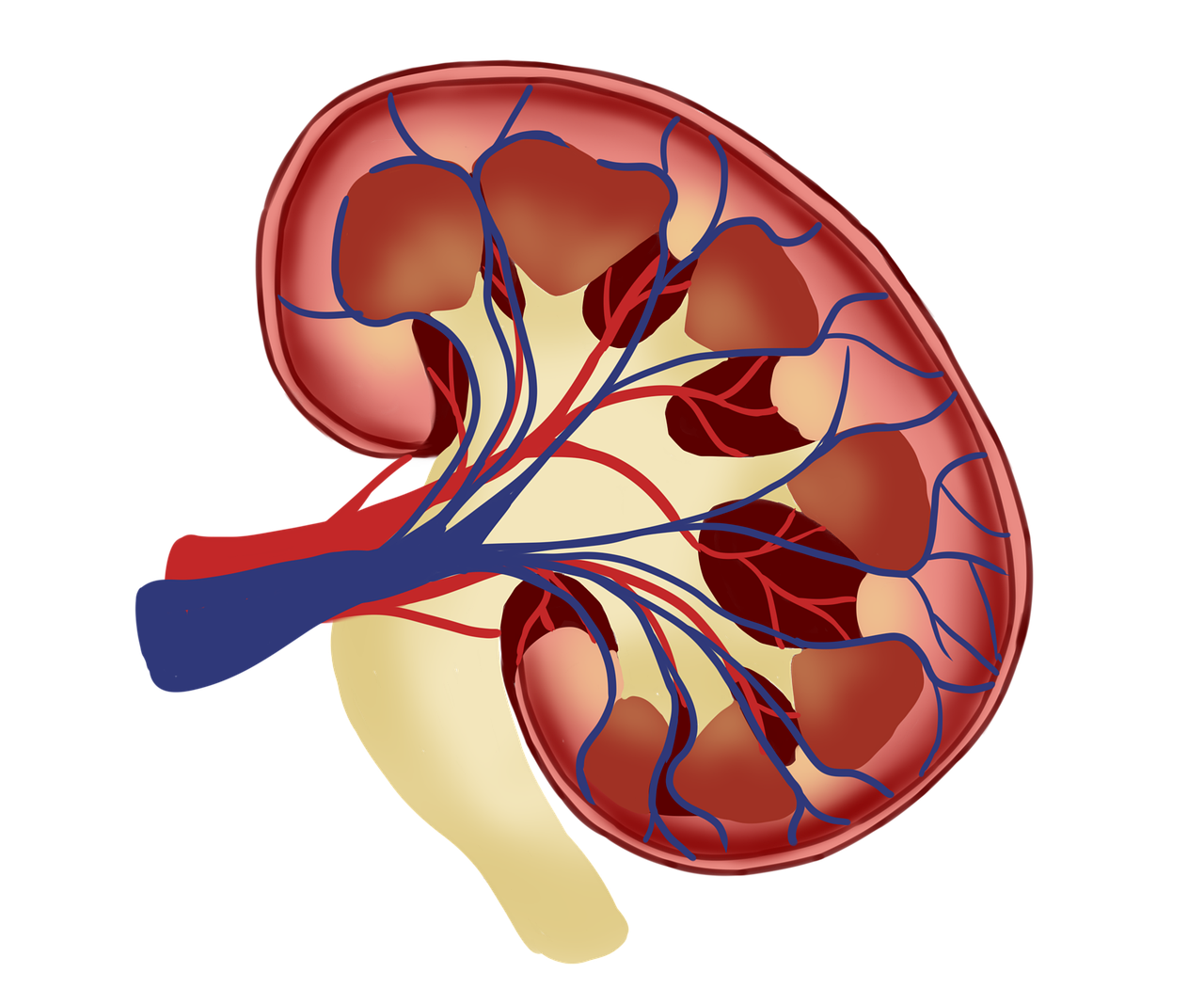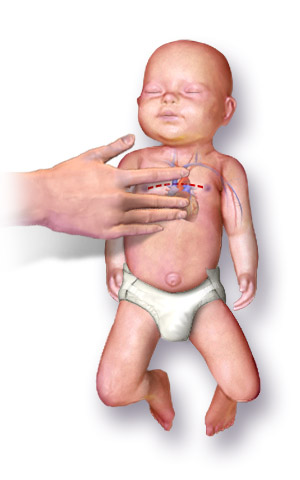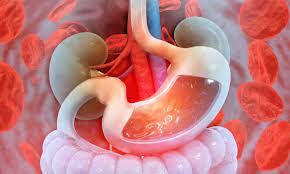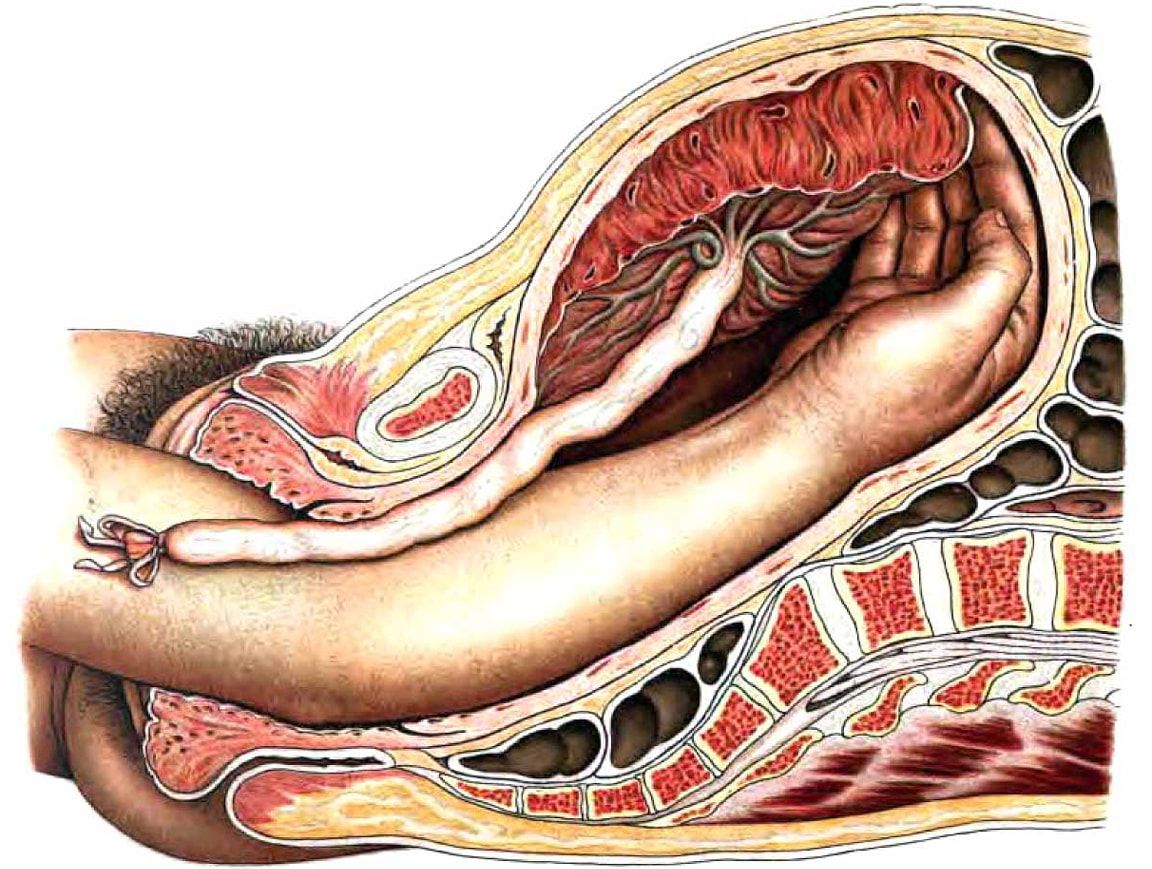- Engage in lifelike simulations depicting various conditions associated with poor perfusion, such as hypovolemic shock, cardiogenic shock, septic shock, and distributive shock.
- Earn continuing education credits (CEUs) or professional development units (PDUs) upon successful completion of simulation modules, supporting ongoing learning and professional growth in the field of critical care and emergency medicine.
- Develop skills in managing acute episodes of poor perfusion, including rapid assessment, prioritization of interventions, and coordination of emergent interventions to stabilize the patients condition.
- Enhance communication skills by effectively conveying information about the patients perfusion status, treatment options, and prognosis to the healthcare team, patients, and families, ensuring clear and empathetic communication in high-stress situations.
- Collaborate with interdisciplinary healthcare team members, including physicians, nurses, respiratory therapists, and pharmacists, to develop and implement comprehensive management plans for patients with poor perfusion.
imaginX is used by many amazing schools and universities
University / College

























